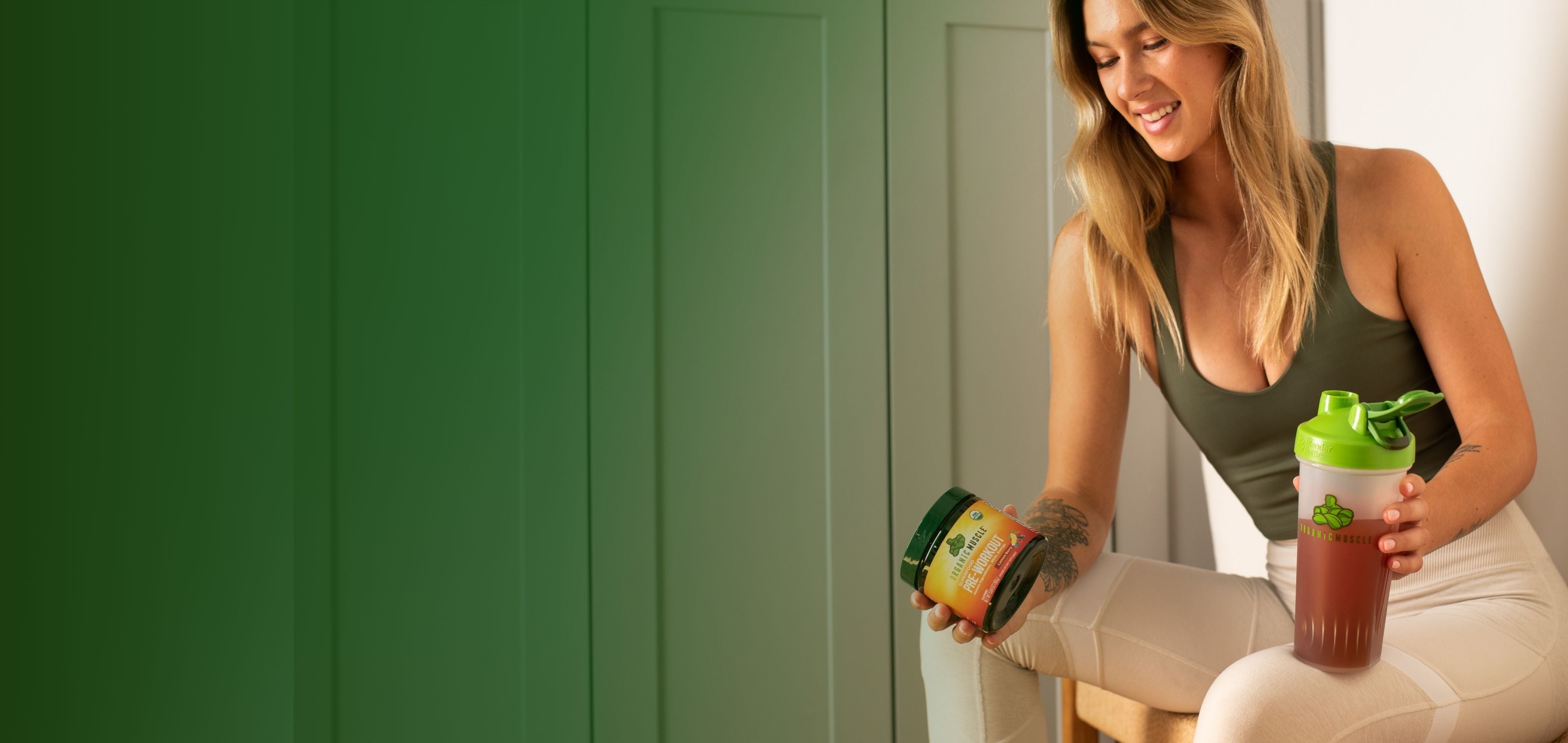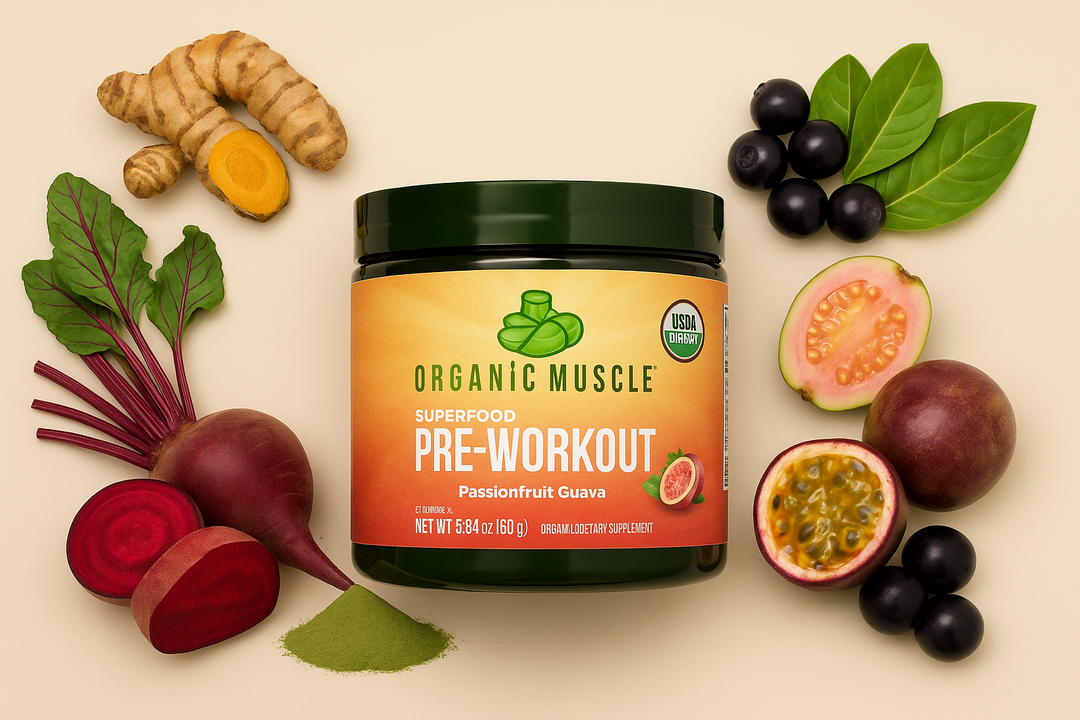With the summer sun and scorching heat upon us, we must keep our skincare and protection in mind. Many do this by applying common store-bought sunscreens and sunblocks that they apply and re-apply to the skin on their bodies as needed. While this may do the trick in protecting you against harmful UV rays, many of these products also contain harmful ingredients that can easily be absorbed by the skin. This can cause concern among some but don't worry! There are plenty of natural options for skin protection, free from harmful chemicals.
Because sunscreen is applied all over the body in various ways including lotions, sprays, and creams. This means that the ingredients in these products end up being ingested when applied to the face and lips as well as inhaled when a spray is used. This is why it is important to use natural means when protecting yourself from damaging UV rays. To make matters even more concerning these products often include ingredients that act as “penetration enhancers” to help the product adhere to the skin. As a result, many sunscreen chemicals are absorbed into the body and can be measured in blood, breast milk, and urine samples.

These are the reasons why the Food and Drug Administration is now proposing significant changes in how sunscreen ingredients are evaluated for safety. The FDA proposes that all current and potential new ingredients be adequately tested for safety, including studies to determine whether the ingredients penetrate the skin and can cause endocrine disruption, cancer or other health harms. The entire sunscreen industry has been put on alert by the FDA proposing that we do not have enough safety information on just two of the ingredients on the EWG list of hazardous UV filters used in popular sunscreens.
Beyond the zinc oxide and titanium dioxide, there are an additional 12 ingredients of concern which the FDA has said there isn't enough data to determine whether they're safe. This includes raised concerns from the FDA about the substantial skin absorption of oxybenzone, its potential to affect hormone levels and the increased absorption susceptibility of children. Lab studies have shown that some chemical UV filters may mimic hormones, and physicians have reported sunscreen-related skin allergies, which raises important questions about unintended human health consequences from frequent sunscreen application.

The crazy thing is that these are just 3 of the 14 ingredients on EWG's list. These ingredients cause harmful side-effects from skin irritation to hormone disruptions and even an increased risk for skin cancer. All from store-bought, chemical-filled, "skincare" products that have natural alternatives provided by human ingenuity and by mother nature. Actions as simple as wearing clothing and utilizing shady areas are easy ways to protect you from the sun's rays.
But did you know that your diet and nutrients that you put in your body can help protect your skin? Foods rich in healthy fats and antioxidants help protect your skin from damage caused by the sun's UV rays. So reach for dark, colorful fruits and vegetables that contain carotenoids and other powerful antioxidants. Eating nuts, seeds, coconut oil, avocados, sea vegetables, and microalgae are great sources of omega fatty acids and even some healthy saturated fats. Carotenoids also give your skin a healthy bronze glow making you burn less often.

Astaxanthin is the powerful carotenoid antioxidant that gives salmon their reddish-pink color. This comes from the microalgae the salmon ingest and is produced to protect them from UV rays. This antioxidant is even more powerful than vitamin C, vitamin E, or CoQ10. It is used by our bodies to protect our skin from solar injuries and even help prevent DNA from being damaged by ultraviolet rays. As if it's skin-protecting benefits weren't enough, astaxanthin also protects the heart, brain, joints, and eyes.
As far as topically applied sunscreen goes, there are a number of seed-oils that provide various levels of UV protection. Red raspberry seed oil is one of the best seed-oil options for sunscreen. It blocks those troublesome UV rays and has an SPF that averages between 28-50. Carrot seed oil is another great option even though it may be hard to find. This oil boasts a 38-40 SPF and provides some carotenoid antioxidants as well.

Wheat germ oil provides natural moisturizing properties along with an SPF of 20. Sesame oil is great for letting you stay in the sun longer without burning. It blocks 30% of sunlight, so apply it every hour or two if you plan to be in the sun for a while. Coconut oil can also block sunlight, 20% of the sun's rays to be exact. This means you can stay in the sun 20% longer than normal without burning. While that may not be much more time you can reapply in bursts. Coconut oil also naturally moisturizes the skin, lessens inflammation, and smooths out blemishes while it limits your solar damage.
While many people know of aloe vera's ability to soothe and relieve sunburn, many don't know it can be used beforehand as a preventative too with 20% sunblocking power. So you can see, some natural methods are much more effective than others and often times work better when used together. Lighter protecting sun blockers like coconut oil and aloe vera may be used together or with the stronger seed-oils to provide more protection.

Don't worry if the idea of making your own natural sunscreen sounds too time-consuming either. There are many companies that now provide natural, plant, and botanical-based products to protect your skin. Companies like Thrive Market, LuckyVitamin, and Whole Foods have higher standards on the products they sell ensuring they are free from harmful chemicals. These aren't the only places natural alternatives are popping up either! Many local supermarkets are beginning to carry more eco-friendly, naturally derived products. Apps like Think Dirty now provide us with a simple way to scan any health and beauty product to find out about what surprize chemicals may be inside and what they might do to your body. So shop from trusted companies and retailers and always read or scan your labels to ensure you are purchasing the safest, best product for your body and your health.












